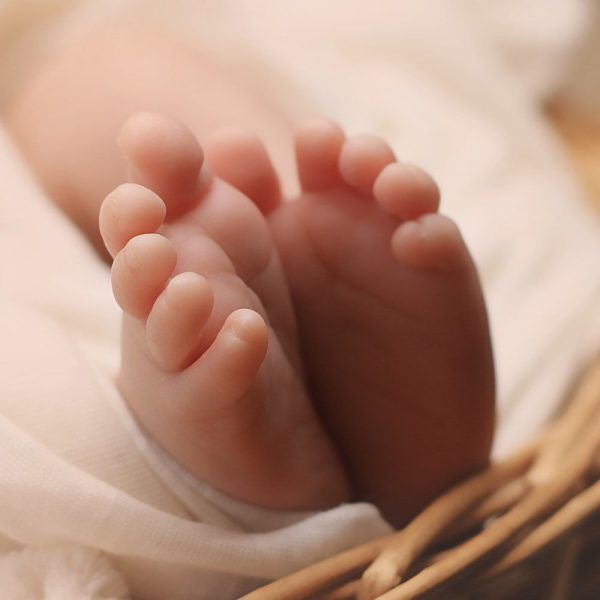Maria Montessori describes the baby born as a spiritual embryo after completing its development in the womb. The period between 0-3 years is the stage of spiritual embryos. Physically, he/she needs someone else, he/she can’t move on his own, he/she can’t stand or eat. But deep inside he/she has got the power of the person he/she will be in the future, has got an active spiritual dynamic. This is one of the basic terms of the Montessori philosophy.
There are 2 embryonic periods in humans, the first is the prenatal period, the second is the postpartum period. Long-term infancy in humans distinguishes it from animals. In the animals, the newborn animal begins to act on its own in a short period of time, while in humans there is a long inadequacy.
Each individual is different from the other, has a unique soul. The child is born with a unique spirit and has a unique personality development. The child hides his/her personality in essence and has a development plan to follow.
For the development of the spiritual embryo, there is a need for an external environment which is supported by love, respected, and helping the its development, as in the physical embryo.
What an adult supposed to do is to respect this spiritual embryo, try to understand the spiritual needs of the child and to prepare an environment for him/her. The adult’s greatest responsibility is to support the development of the child’s natural spirit.
There is a relationship between the environment and the individual. The child slowly discovers his/her environment, adapts to it, develops it and uses his/her environment to reach his/her personality.
In summary, when the baby is born, it carries a soul about the future person he/she will be. The adult is expected to prepare the appropriate environment to explore this personality, to examine the child’s development through observation and to provide support.
